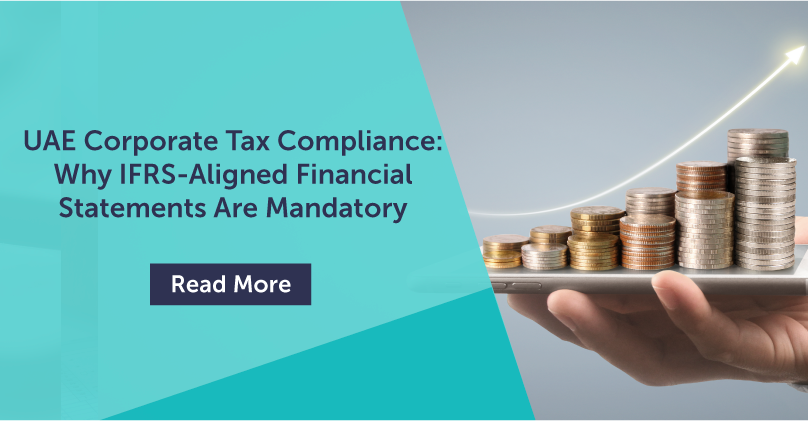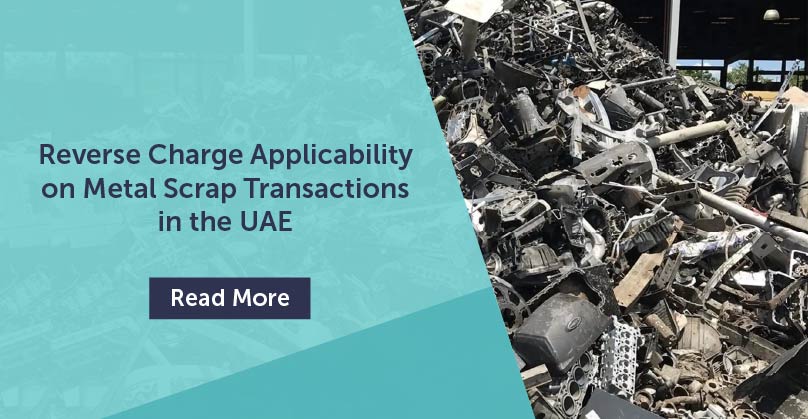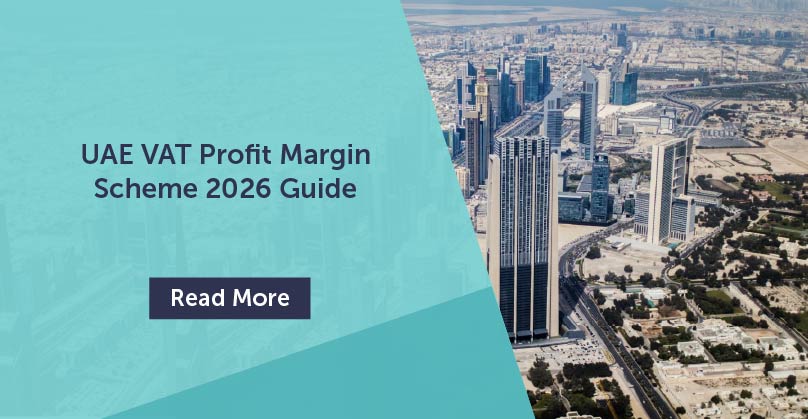
- Jul 03,2025
- Audit / IFRS | Corporate Tax in UAE
UAE Corporate Tax Compliance: Why IFRS-Aligned Financial Statements Are Mandatory, Not Optional
With the introduction of the UAE Corporate Tax effective from June 2023, the regulatory environment for businesses has undergone a fundamental shift. Financial reporting, once viewed primarily as a tool for investor communication or statutory filing, has now become central to tax compliance. At the core of this transition is the mandatory adoption of International Financial Reporting Standards (IFRS).
Under MOF’s Ministerial Decision No. 114 of 2023, it is mandated that all taxable persons must prepare their financial statements in accordance with IFRS, unless their revenue falls below specific thresholds allowing for IFRS for SMEs or cash basis reporting. This directive leaves no room for ambiguity: IFRS-compliant reporting is not just recommended—it is legally required for accurate tax determination.
With these developments, accounting firms in Abu Dhabi are seeing a rising demand for expertise in IFRS application and tax-aligned reporting frameworks.
The Corporate Tax Imperative in Abu Dhabi
UAE Corporate Tax requires businesses across the Emirates, including Abu Dhabi, to file accurate annual tax returns. Robust, transparent, and standardized financial data must support these returns. Financial statements now serve as the foundation for:
Failure to align with IFRS can result in:
- Overstated or understated taxable income,
- Rejected deductions or adjustments,
- Heightened risk of tax reassessments, penalties, and audits.
The Reality on the Ground: Reluctance and Gaps in IFRS Adoption
Despite the legal requirements, many businesses continue to exhibit reluctance or limited awareness when it comes to IFRS compliance, particularly in areas like loan accounting, lease classification, and provisioning for doubtful debts. Below are real-world examples encountered during our audit engagements with clients across Abu Dhabi.
1. Loan Amortisation vs Bank Repayment Schedule
One of our clients in Abu Dhabi was recording loan interest expense based on the bank’s repayment schedule, overlooking the effective interest method required under IFRS 9 (paragraphs B5.4.1-B5.4.7). This led to underreported interest expenses and misclassified liabilities.
This approach led to:
- Underreported interest expenses
- Misclassified liabilities on the balance sheet
Once the principles were explained, the client agreed to apply the correct amortisation model, aligning both with IFRS and Corporate Tax expectations, ensuring a more accurate portrayal of borrowing costs.
2. Lease Accounting: Substance Over Legal Form
A client in the hospitality sector in Abu Dhabi was expensing rent annually, citing that their lease agreement was legally structured as a one-year renewable contract. On paper, this appeared to qualify as a short-term lease, thus exempting them from the application of IFRS 16 (paragraphs 5-8).
However, a deeper investigation revealed:
- Significant capital investments in fit-outs
- Long-term operational commitments
- An evident intent to occupy the premises for several years
We advised the client to reassess the lease under IFRS 16 (paragraphs 22-49), recognizing a right-of-use asset and a corresponding lease liability. This adjustment ensured more accurate expense recognition through depreciation and interest costs, aligning the treatment with both IFRS requirements and x`xUAE tax principles.
3. Provision for Bad Debts: IFRS 9 and ECL Model
A more nuanced challenge involved the application of IFRS 9 – Expected Credit Loss (ECL) model (paragraphs 5.5.1-5.5.20). Many clients still rely on outdated practices, such as creating provisions only when debts are visibly overdue or disputed.
However, IFRS 9 mandates a forward-looking ECL model that incorporates:
- Historical data
- Current economic conditions
- Reasonable future forecasts
When improperly applied—or worse, ignored—this can distort the recognition of income and lead to overstated receivables and inflated taxable profits.
Educating clients about the ECL methodology and helping them establish a reliable provisioning framework is now essential, not only for audit compliance but also for preventing corporate tax errors.
These real-life scenarios highlight the essential role played by auditors in Abu Dhabi in guiding businesses through technical compliance challenges.
Key Takeaways for UAE Businesses
- IFRS is mandatory for most taxable entities (turnover > AED 3 million) under UAE law—not optional or negotiable.
- Non-compliance can lead to financial penalties, audit flags, and inaccurate tax filings.
- Substance-over-form is a guiding principle across IFRS and UAE tax—especially for leases and financing.
- IFRS 9 ECL provisioning is a critical area that requires attention, modelling, and continuous monitoring.
- Properly audited IFRS financials strengthen credibility and reduce risk during FTA reviews and tax assessments.
Conclusion
As the UAE transforms into a tax-transparent economy, businesses must evolve in tandem. IFRS-aligned financial reporting is not merely an accounting upgrade—it is a strategic and legal necessity for surviving and thriving in the Corporate Tax era.
For businesses seeking support, partnering with leading audit firms in Abu Dhabi ensures greater peace of mind and compliance confidence.
How CLA Emirates at Abu Dhabi Branch Can Help You
At CLA Emirates Abu Dhabi, we specialize in helping businesses meet UAE Corporate Tax and IFRS compliance requirements with precision and confidence.
CLA Emirates has branches in Abu Dhabi, Sharjah, Jebel Ali, and our headquarters in Dubai. We are a network member of CLA Global, which is ranked 15th in the world according to the International Accounting Bulletin (IAB) survey.
In the UAE, CLA Emirates holds the 8th position in the network fee category and is ranked 5th in the staff data across the UAE, highlighting our strong local presence and expertise.
Our team offers tailored support in:
- Preparing IFRS-compliant financial statements
- Implementing IFRS 9 (ECL) and IFRS 16 lease accounting
- Aligning loan amortisation models
- Ensuring tax returns match audited financials
- Assisting with FTA audit readiness
With deep local knowledge and global expertise, we help Abu Dhabi businesses reduce compliance risks and file with confidence.
Need support with UAE Corporate Tax and IFRS?
Reach out to our Abu Dhabi office for expert guidance that goes beyond compliance.
Vinay E Ramakrishnan Manager – Abu Dhabi Operations
Phone: +971 2 639 7737Mobile: +971 569940339
Email: Vinay.Ramakrishnan@claemirates.com
-
 Feb 02,2026Why ESG Matters in the UAE?
Feb 02,2026Why ESG Matters in the UAE? -

-

-

-
 Jan 15,2026UAE VAT Profit Margin Scheme 2026 Guide
Jan 15,2026UAE VAT Profit Margin Scheme 2026 Guide